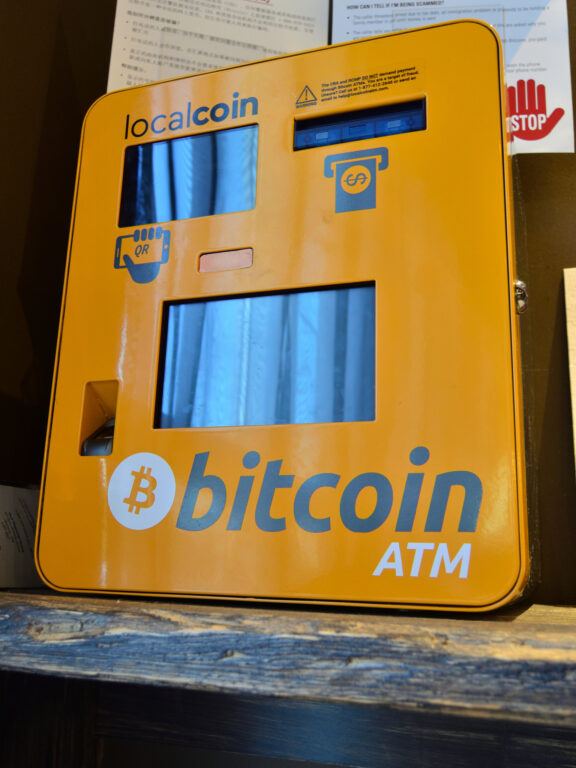The number of cryptocurrency automated teller machines (ATMs) has doubled so far this year, as there are now over 4,000 crypto ATMs spread throughout 76 countries in the world, being operated by over 520 organizations.
According to data published by cryptocurrency analytics platform Data Light, the number of crypto ATMs doubled this year despite the prolonged bear market that saw the price of most cryptocurrencies crash. On average, Data Light claims, 6 crypto ATMs were installed per day.
Its data shows that out of all 4,051 cryptocurrency ATMs nearly all support bitcoin, while over half support litecoin and close to 2,000 support Ethereum’s ether. Bitcoin cash is the next most widely supported cryptocurrency, while privacy-centric cryptos like dash, monero, and zcash follow. Some also support dogecoin.
This is how the world adopts a new kind of ATMs – the ones that sell crypto. pic.twitter.com/qD1tIFNYsp
— DataLight (@DataLightMe) December 19, 2018
The shared graph appears to show most cryptocurrency ATMs were installed in the first few months of the year, when the prices of most cryptocurrencies were still relatively high compared to today’s prices. Since the beginning of 2014, the number of crypto ATMs has only dropped in November of 2015.
Per CoinATMRadar data, there are now nearly 4,100 cryptocurrency ATMs in the world, and most of them are located in the United States. As CryptoGlobe reported, the number hit 3,000 back in May of this year.
These machines often have high usage fees, as some charge users a fee up to 8% to buy cryptocurrencies with fiat currency. There are different types of these ATMs, as some let users buy and sell crypto, while others only let users buy.
The crypto ATM market is, as covered, expected to grow to nearly $145 million by 2023, as it’s forecasted to have a compound annual growth rate (CAGR) of 54.7% for the next five years, according to a report published by ResearchandMarkets.
Notably the market has been facing some resistance. As covered India’s first bitcoin ATM was taken down shortly after being set up, as authorities claimed its operator, Unocoin, didn’t have permission to install it.









